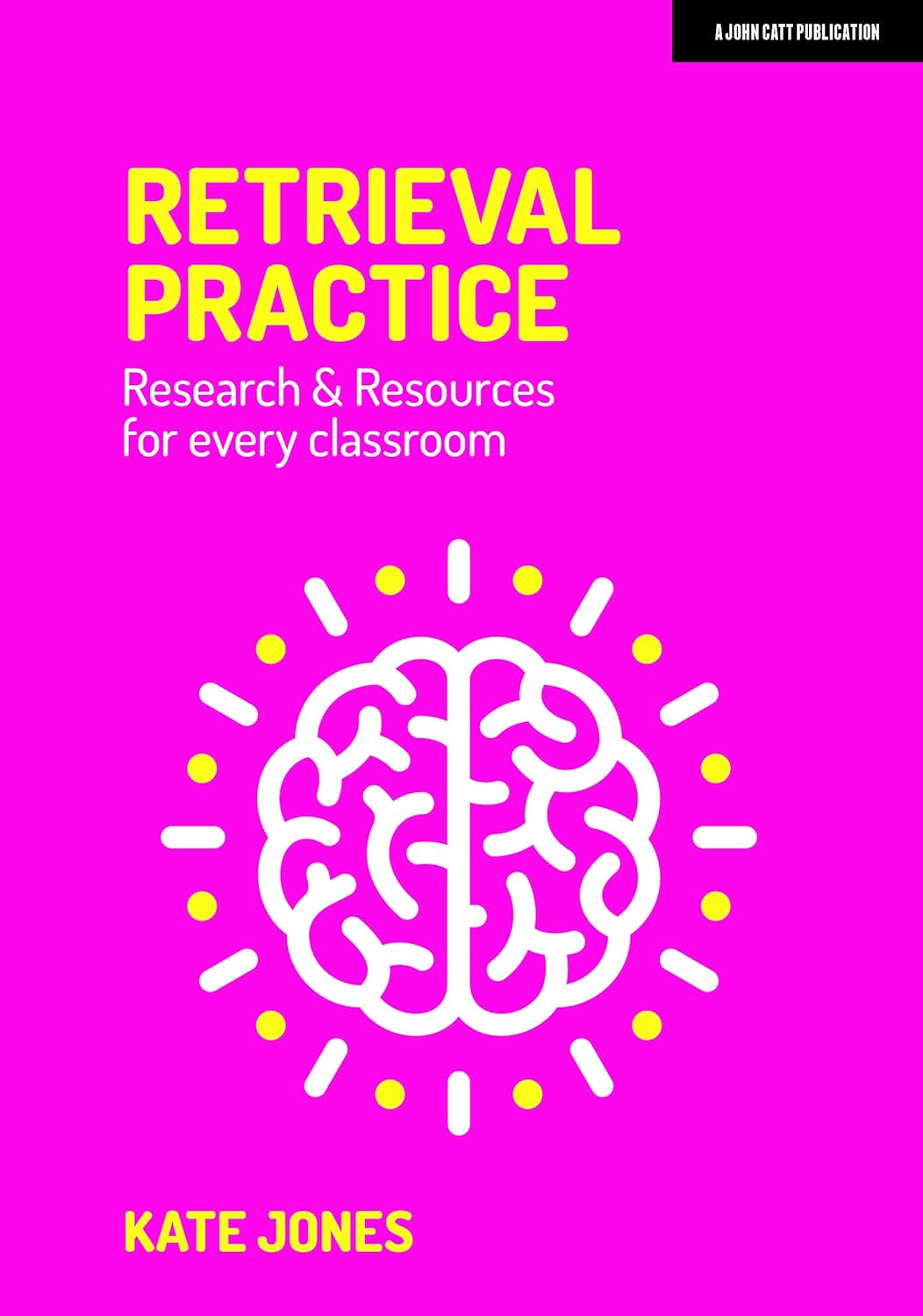About this deal
Participants in a study used either re-reading or retrieval practice to learn material, but in varying amounts. After they had a set amount of time with these techniques, they were asked to predict how well they thought they would recall that information in a week or so’s time. Try throwing in some questions where the answer is already correct (ie where something is the same in both dimensions) and see if they notice! Memorise this…
I think the best way to explain this finding is by thinking about the relative difficulty of the two tasks. New information which is not linked to anything else stored in your long-term memory will have a low retrieval strength, as well as a low storage strength.Psychologists (and teachers!) have known for a long time that a little bit of stress is a good thing in terms of student performance. However, too much stress can be debilitating and hinders performance. As teachers across the UK become more and more evidence-informed, we’re learning to ditch revision games, posters, highlighting, re-reading and mnemonics. In the classroom, this means that we shouldn’t be entirely surprised (or cross) by our pupils struggling to recall their initial learning from yesterday’s lesson. Indeed, it is an inevitable and perfectly natural part of the learning process. In the short term, your students will hate retrieval practice. They will hate the feeling of not knowing an answer or getting things only partially correct. But the science is clear: it works.
Let’s take an example. In the first lesson of our unit on Roman Britain, the class learn about how Romulus killed his brother to found the city.
I designed the retrieval practice challenge grid to help you purposefully revisit subject knowledge and content previously studied.
I often begin planning a lesson by asking myself, “What are the five things that I want all children to remember by the end of this lesson?” These then become the targets for quiz questions in the following lesson.Design five to eight questions that help students practise retrieving their knowledge on the topic from memory and applying it to answer the question. The correct answer, a wonderful piece of cultural knowledge and a useful window into the success and ambition of the Macedonian King, gets lost somewhere in laughter. The kids just remember Alexander eating a Nando’s. Second, we can consider how well connected and robust the knowledge is – known as ‘storage strength’. Retrieval Grids include spacing: Students are challenged to retrieve the concept or answer to a question. Each box is color coded for the time when students first learned or encoded the concept: concepts from the last lesson are in blue, last week in red, two weeks ago in green, etc. Space it out! Learners can select the correct answer from memory (higher challenge). Alternatively, you can scaffold the activity by making it multiple choice.
There are, however, aspects that you might not be aware of. For example, Hungarian researchers tested whether or not retrieval practice could help mitigate the debilitating cognitive effects of being in a high stress environment. Over the course of the six weeks, continue to cover the same five to eight concepts, theories or terms in your questions, but pose the questions in different ways. Finally, information can have both high retrieval and high storage strength. An example might be the name of your current best friend.This challenges their short-term recall and allows you to challenge their ability to succinctly express knowledge they have retained.
 Great Deal
Great Deal 